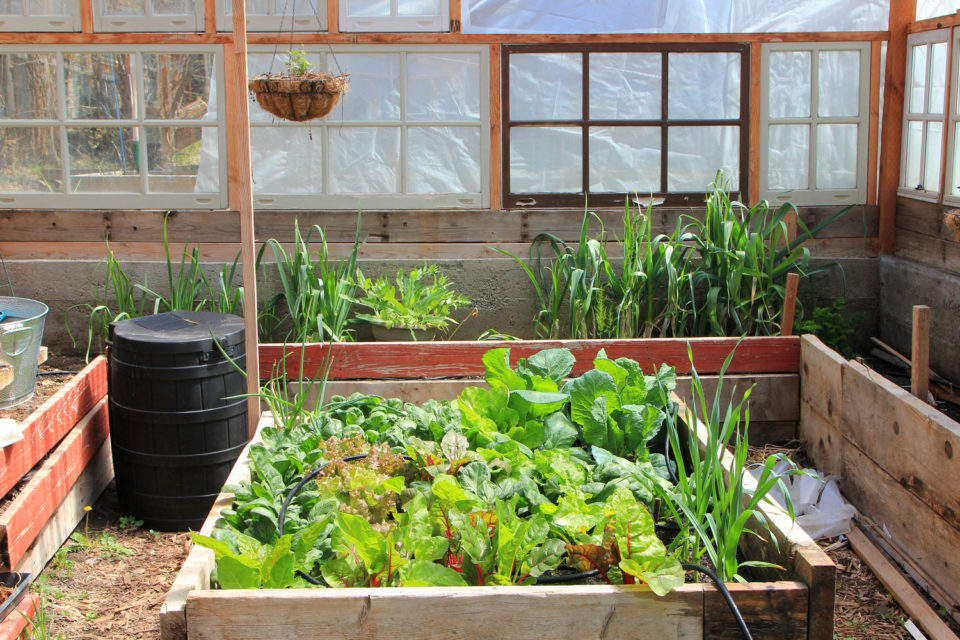Organic gardening simply means not using any GMOs, synthetic or chemical fertilizers, insecticides, or pesticides. It is a sustainable method that offers multiple benefits to you, the environment, and other living creatures with more nutritionally dense produce and fewer toxins while reducing waste.
Here are some basics to get you started on your organic garden:
Designing your soil
- Develop your soil to be dark-colored, sweet-smelling, full of earthworms, and of a texture that compresses into a loose lump when moist, while having the following ratios:
- 25% air
- 25% water
- 40% mineral matter
- 10% organic material
- To increase organic matter, use natural compost or natural soil amendments
- Adjust soil pH to 5.8 to 6.8. You can use limestone to increase the alkalinity of soil and elemental sulfur to decrease it.
Choosing your plants
- Choose plants native to your area that grow best in that climate and soil.
- Select a few perennials that keep blooming every year.
- Try companion planting by planting plants that grow well together.
- Select plants that attract bugs that help fight bugs, such as aphids and sunflowers which attract ladybugs.
Design your garden
- Keep it simple or intricate depending on your style.
- Use raised beds, vines, and tall flowers to add variations in height in your garden.
- Match colors and shades to create contrast and variety when selecting flowering plants.
Composting
- Almost all organic waste in your house can be used to make compost apart from meat and dairy.
- Composting improves the nutrient profile and pH levels of the soil as well as reduces waste generation. It can be used as a natural fertilizer for the soil.
- It increases the moisture retention of the soil and feeds the microbes in the soil.
- For best results add compost 2-3 weeks before planting.
Pest control
- First, understand what insects are causing the damage.
- Use beneficial insects like ladybugs which feed on aphids, mites, and other pests.
- Use biological pesticides including bacteria and protozoa that destroy harmful pests.
- Use soaps, oils, and abrasives that dehydrate the harmful insects while not affecting beneficial insects. At the same time, they break down rapidly and don’t degrade the environment.
- Select pest-resistant plants and adjust the soil pH and the amount of the moisture in the soil depending on the insect.

